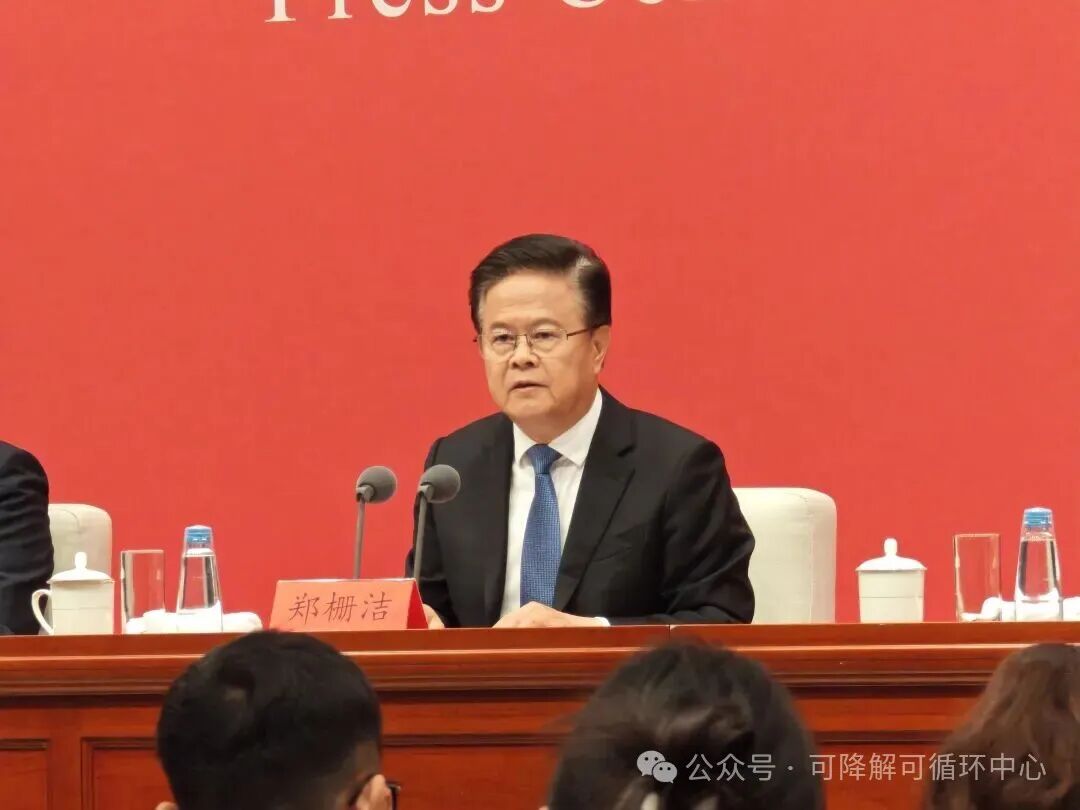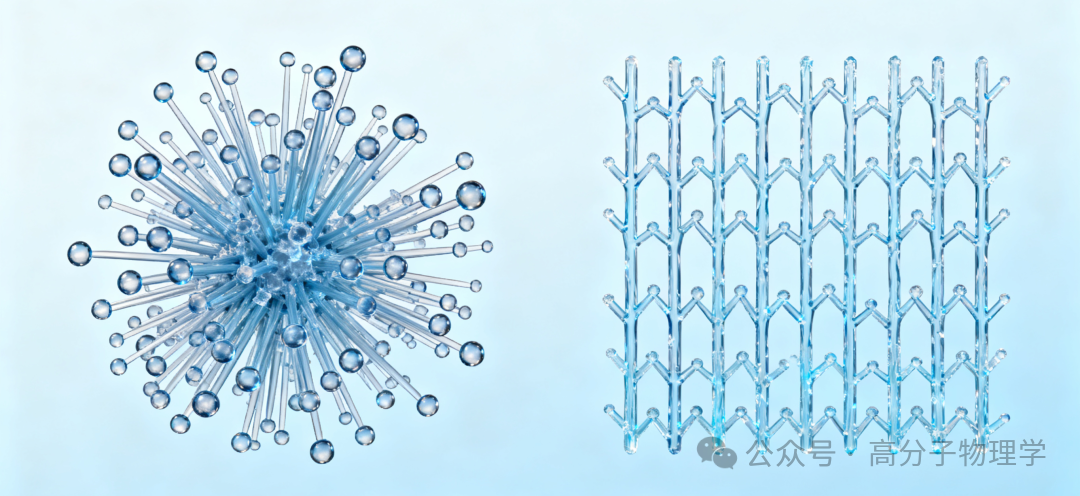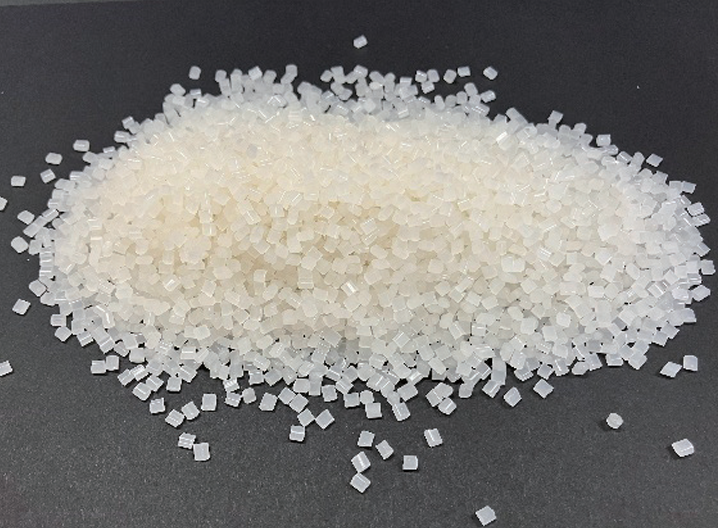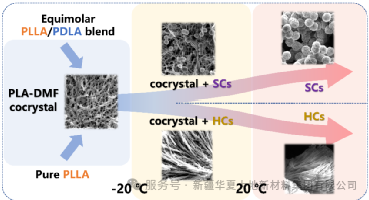From October 20th to 23rd, the Fourth Plenary Session of the 20th Central Committee of the Communist Party of China was held in Beijing. This plenary session was convened at a crucial time when our country is about to successfully complete the main tasks of the "14th Five-Year Plan" and lay a solid foundation for fully launching the efforts to basically achieve socialist modernization. The plenary session adopted the "Proposal of the Central Committee of the Communist Party of China on Formulating the 15th Five-Year Plan for National Economic and Social Development" (hereinafter referred to as the "Proposal"), and successfully completed all the agenda items.
On October 24th, the Central Committee of the Communist Party of China held a press conference to introduce and interpret the spirit of the Fourth Plenary Session of the 20th Central Committee of the Communist Party of China.
The most significant outcome of the plenary session was the adoption of the "Proposal". The "Proposal" consists of 15 sections and 61 items, divided into three major sections. The first section is the general discussion, mainly elaborating on the significant achievements made in China's development during the "14th Five-Year Plan" period, the importance and overall requirements for promoting economic and social development during the "15th Five-Year Plan" period. The second section is the sub-discussions, which deploy strategic tasks and major measures for the "15th Five-Year Plan" period in various fields. The third section mainly addresses the tasks of upholding and strengthening the centralized and unified leadership of the Party Central Committee and promoting the construction of socialist democracy and rule of law.

The Secretary-General and Director of the National Development and Reform Commission, Zheng Gaijie, introduced that the "Proposal" has made comprehensive arrangements for the economic and social development during the "14th Five-Year Plan" period. In terms of industries, it clearly places "building a modern industrial system and consolidating and strengthening the foundation of the real economy" as the first strategic task, and has deployed four key tasks - "strengthening the foundation, innovating and developing new things, expanding capacity and improving quality, and strengthening the base and enhancing efficiency".
Innovating and developing new things means cultivating and expanding emerging industries and future industries. In 2024, the added value of "new economy" in China accounted for more than 18% of the GDP. The "Proposal" proposed to build emerging pillar industries, accelerate the development of strategic emerging industries clusters such as new energy, new materials, aerospace, and low-altitude economy, which will give rise to several trillion-dollar or even larger-scale markets; it also proposed to make forward-looking arrangements for future industries, promoting quantum technology, biological manufacturing, hydrogen and nuclear fusion energy, brain-computer interface, embodied intelligence, and the sixth-generation mobile communication to become new economic growth points. These industries are gathering momentum and will create a new high-tech industry in China in the next 10 years.
The "Proposal" also made arrangements for accelerating the comprehensive green transformation of economic and social development, with the carbon peak and carbon neutrality goal as the driving force. It will accelerate four aspects of measures:
Firstly, it is to accelerate the establishment and implementation of a dual control system for carbon emissions and intensity. In the past, it was the energy consumption dual control system, and now it has fully shifted to the carbon emission dual control system. This is the "commander" for the comprehensive green transformation. The "Proposal" proposed to steadily implement local carbon assessment, industry carbon control, enterprise carbon management, project carbon evaluation, and product carbon footprint systems, and establish and improve an incentive and restraint system covering all types of entities.
Secondly, it is to accelerate the green and low-carbon transformation of energy. This is the "key point" of the comprehensive green transformation. By the end of the "14th Five-Year Plan" period, the majority of the new electricity demand will be met by the newly added clean energy generation capacity. There are three key tasks: First, with greater efforts, develop non-fossil energy and accelerate the construction of clean energy bases such as wind and photovoltaic power in the northwest, hydropower in the southwest, offshore wind power, and coastal nuclear power. Develop new energy sources such as biomass energy, geothermal energy, and ocean energy based on local conditions; second, promote the clean and efficient utilization of fossil energy; third, accelerate the construction of a new power system.
The third measure is to accelerate the green and low-carbon transformation of the industrial structure. This actually involves increasing the "green content" of industries to enhance the "gold content" of the economy. We need to perform both "addition" and "subtraction" in the industrial sector: On one hand, we should focus on adding, accelerating the development of green and low-carbon industries. According to estimates, the current scale of China's green and low-carbon industries is approximately 11 trillion yuan. There is still room for a doubling or even greater growth in the next five years. Especially during the "14th Five-Year Plan" period, we aim to establish about 100 national-level zero-carbon parks, which will bring huge development space for green and low-carbon industries. On the other hand, we should carry out "subtraction", promoting energy conservation and carbon reduction in key industries. We will implement energy conservation and carbon reduction action plans in key industries such as steel, non-ferrous metals, and petrochemicals, striving to achieve a reduction of over 150 million tons of standard coal, which can reduce carbon dioxide emissions by approximately 400 million tons.
The fourth measure is to accelerate the green and low-carbon transformation of production and lifestyle. This is closely related to each of us and is the fundamental aspect of the comprehensive green transformation. In terms of production, we should further promote clean production, implement large-scale equipment upgrades, vigorously develop circular economy, and strive to achieve an annual utilization of about 4.5 billion tons of bulk solid waste by 2030. At the same time, we should accelerate the energy-saving renovations of buildings and municipal facilities, and increase the proportion of railway and waterway transportation for bulk goods. In terms of life, we should widely carry out green and low-carbon citizen actions, vigorously advocate saving food, water, electricity, and sorting of household waste, vigorously promote green and low-carbon lifestyles and green and low-carbon products, and use green living to create a beautiful homeland and build a beautiful China.








